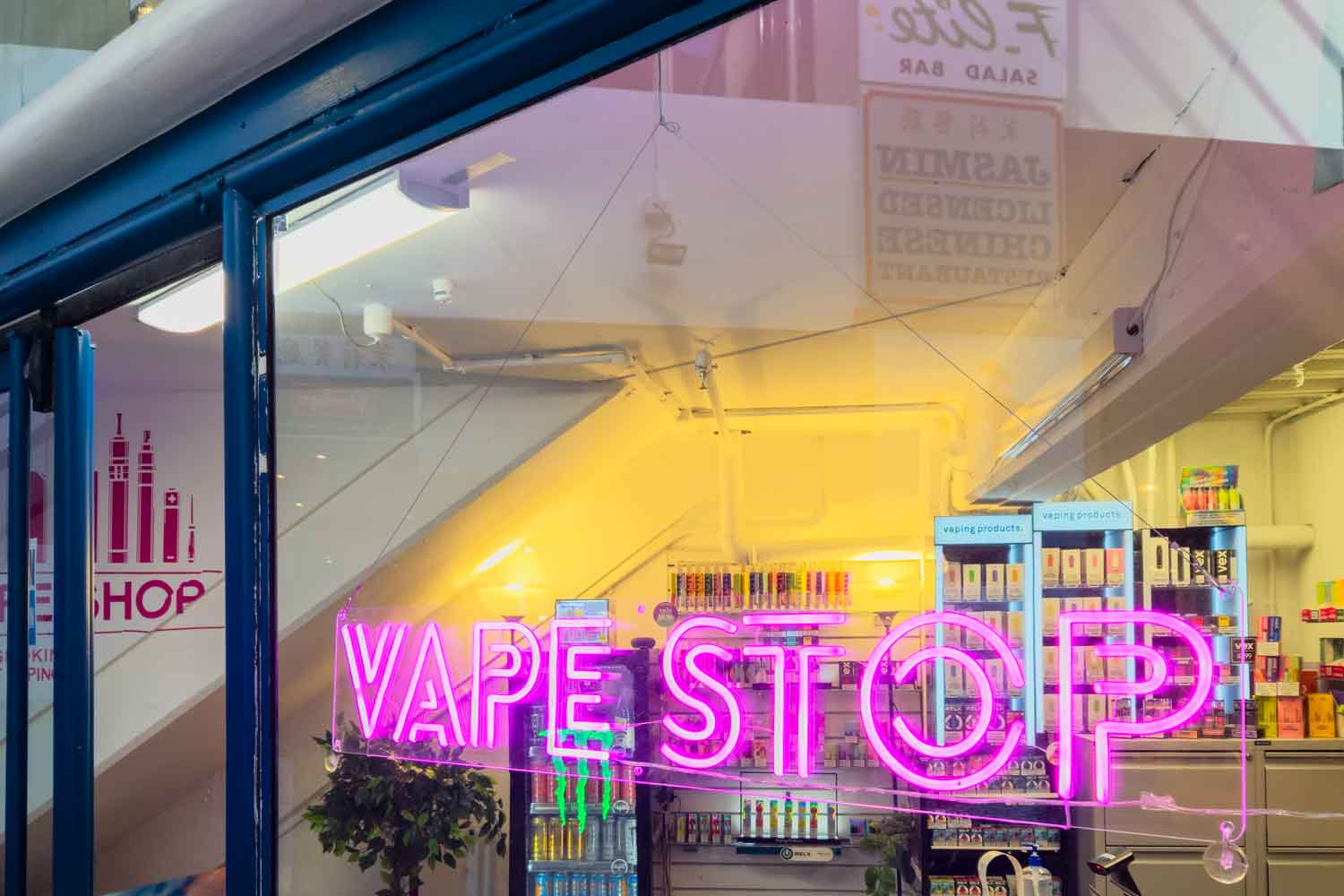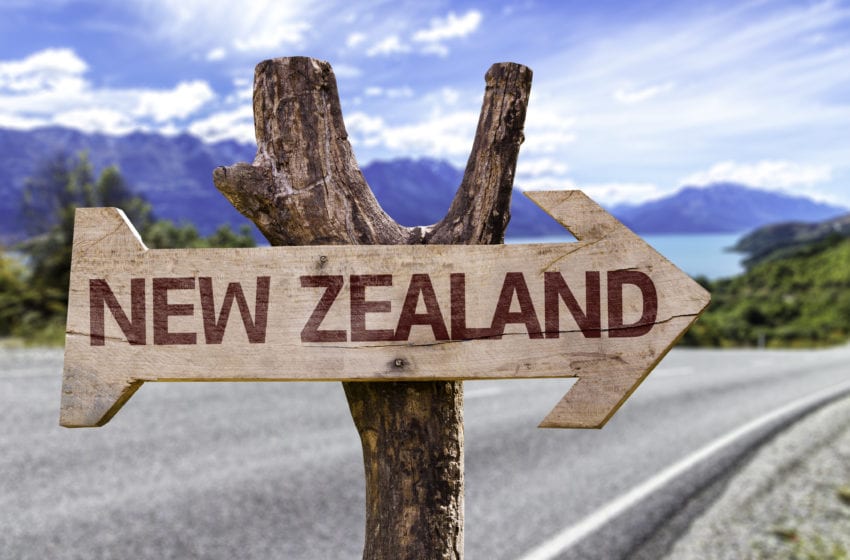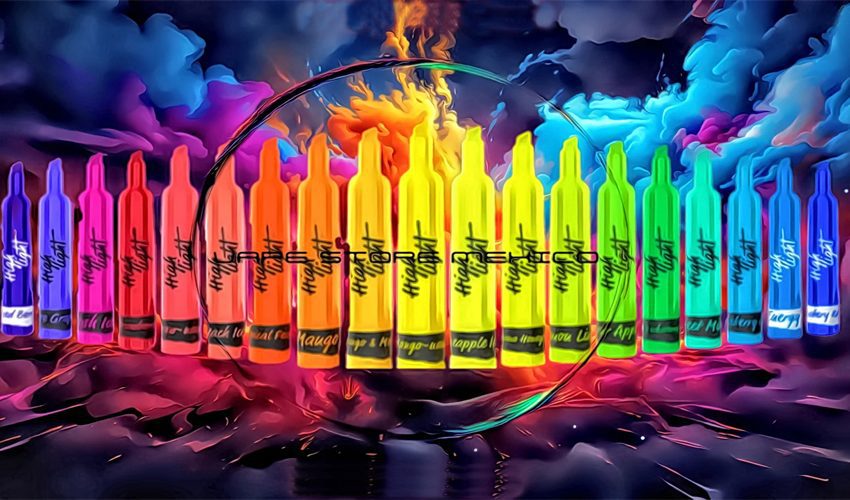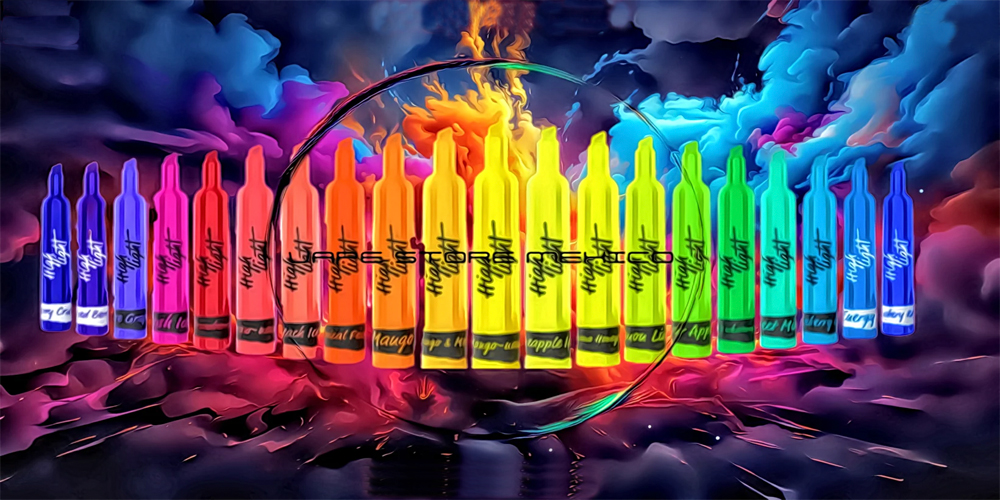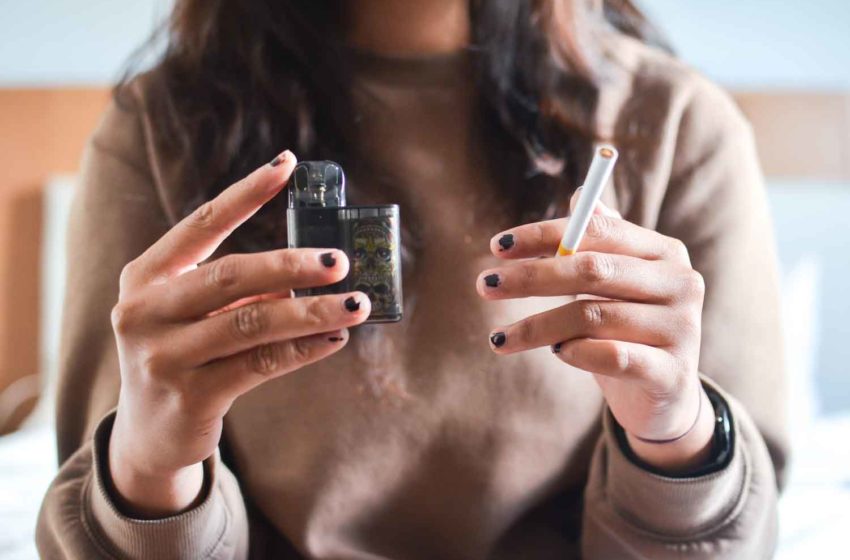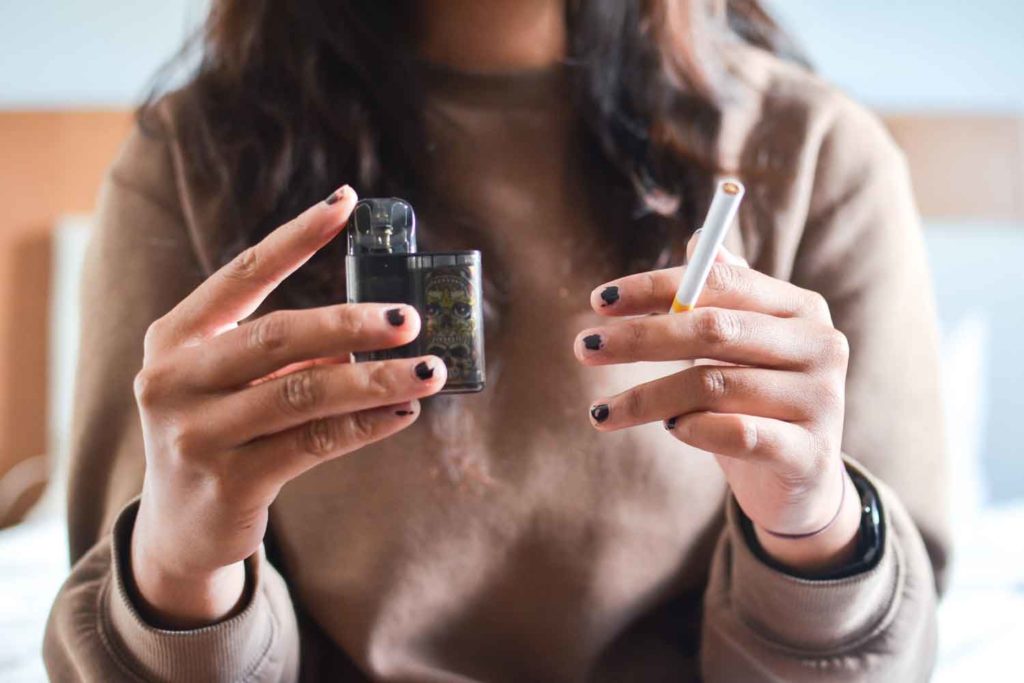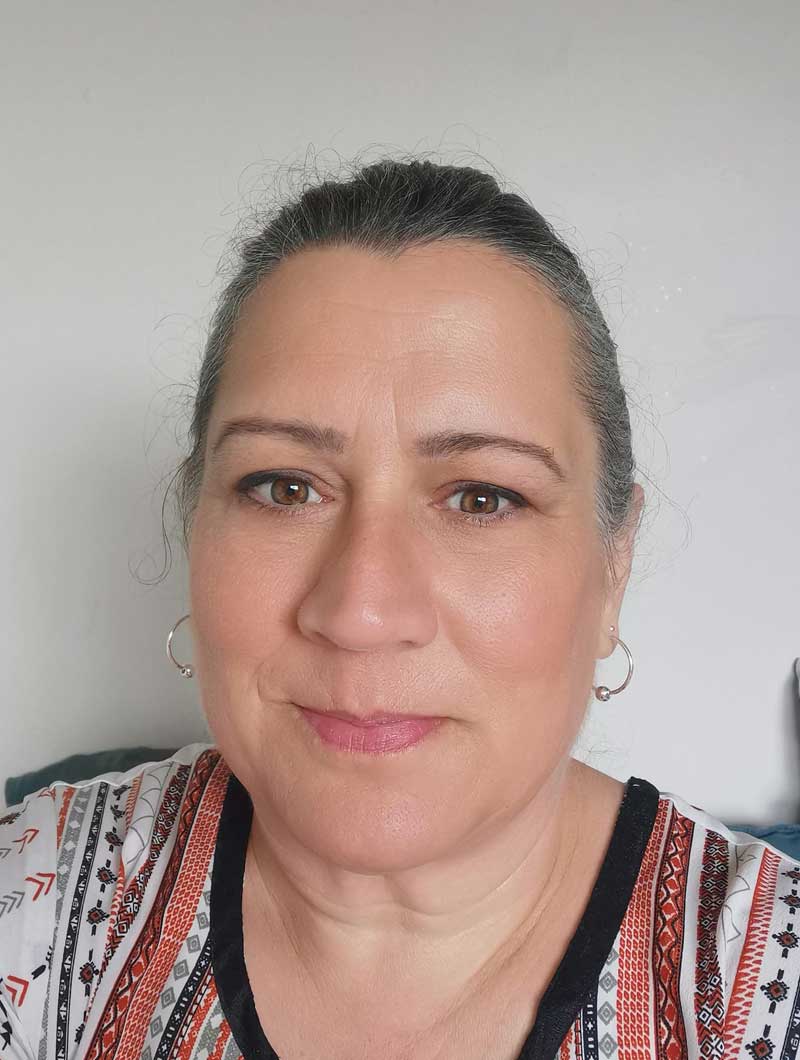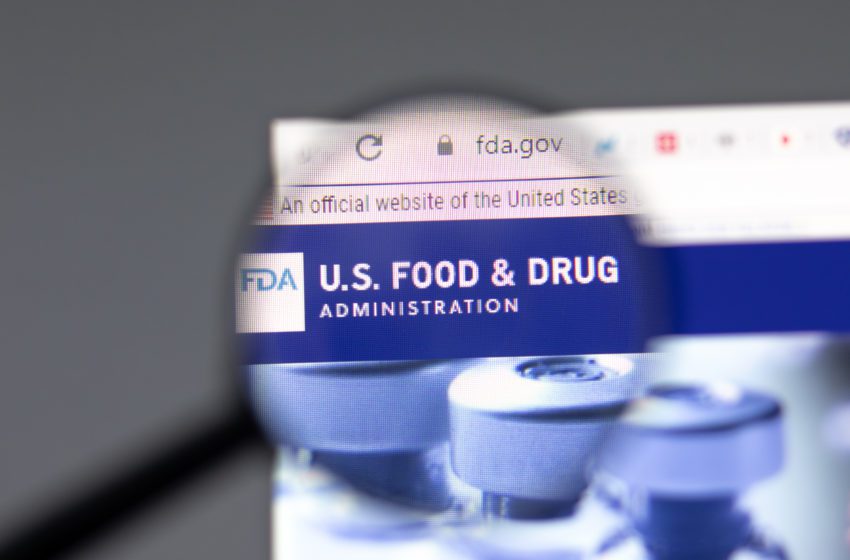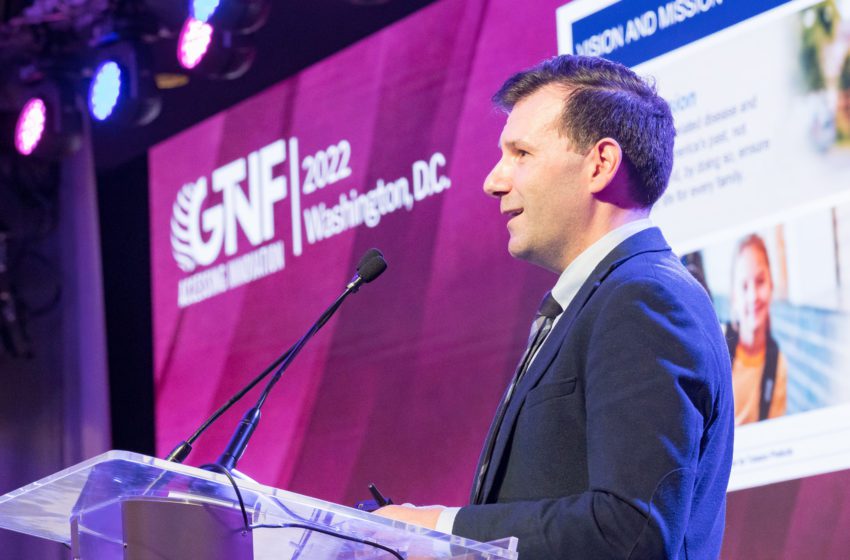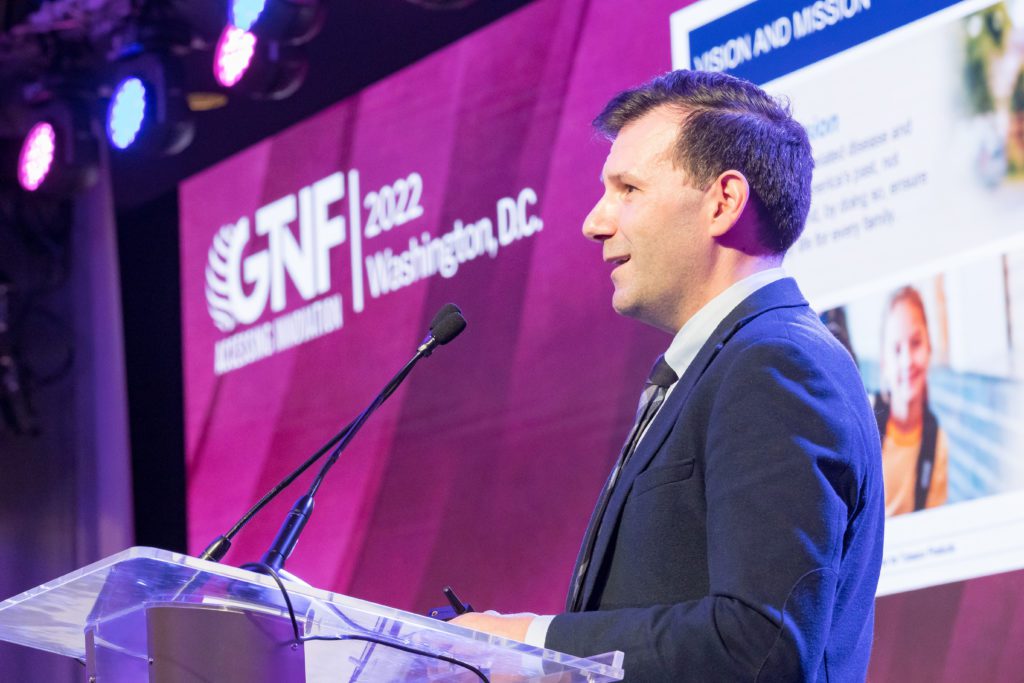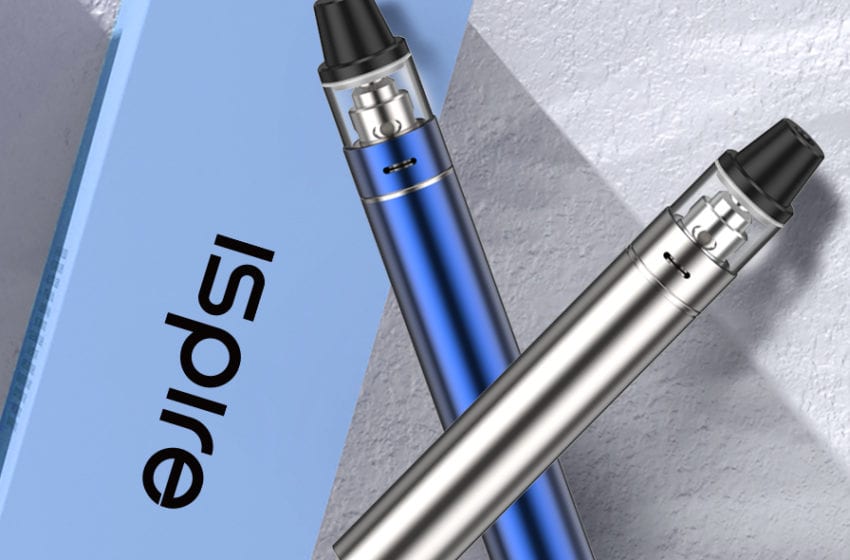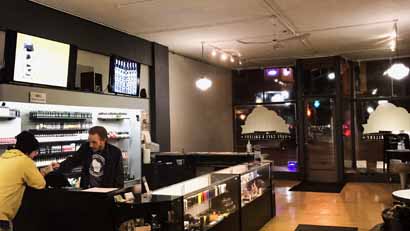Vaping product taxes and regulations in Louisiana may be taking a devastating toll on small businesses.
Unlimited Vapor, according to the Shreveport Times, stands with limited supply due to the recent increase in state taxes on nicotine vape products and e-cigarettes. On June 15, 2023, Louisiana Gov. John Bel Edwards signed into law the bill to increase the excise tax on vapes from 5 cents per milliliter of nicotine solution to 15 cents.
“We usually special order it for customers, if they know what flavor they want, what milligram they want, because of the excise tax going up as high as it is, we don’t want to order it and have it just sitting there,” said Selena Price, manager of Unlimited Vapor.
The tax increase went into effect on July 1, and is only impacting Louisiana. Border states such as Texas, Arkansas and Mississippi have no excise tax on vape and e-cigarette products.
Rep. Paul Hollis of Covington sponsored House Bill 635 Act 414 to discourage the use of vape and e-cigarette products through an increase in excise tax. The Shreveport Times reached out to Hollis for a statement, but did not receive a response.
Many are calling the new rules a de-facto flavor ban. It tripled the tax on vape liquid from 5 cents per milliliter to 15 cents per milliliter and earmarks the revenue the tax will generate for pay raises for state troopers. This has forced many products off of vape shop shelves. This is forcing most vape products off of store shelves.
The legislation, Act 414 by Rep. Paul Hollis, started out as a bill to increase the tax on vapes, with Hollis saying he wanted to discourage their use. But it quickly morphed into a broader law that dramatically scales back what vapes can be sold, after wholesalers, major tobacco companies and legislators concerned with youth use got involved.
